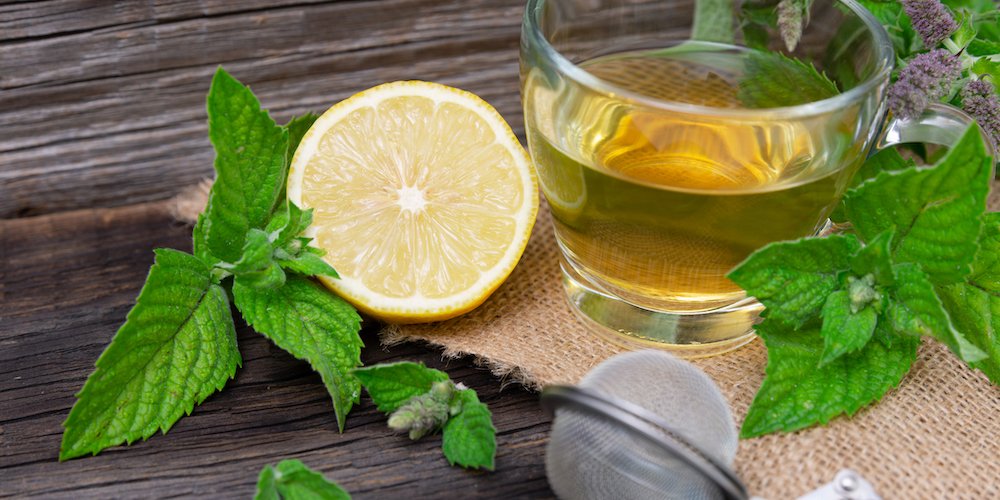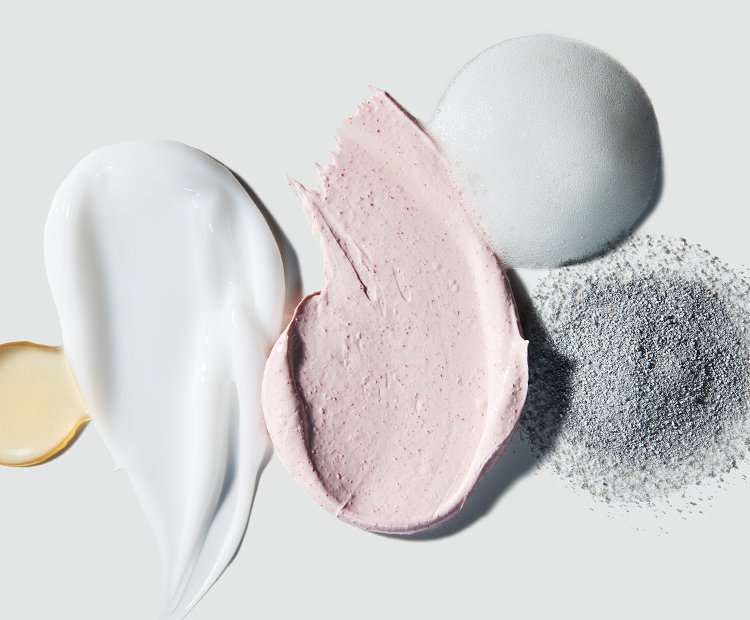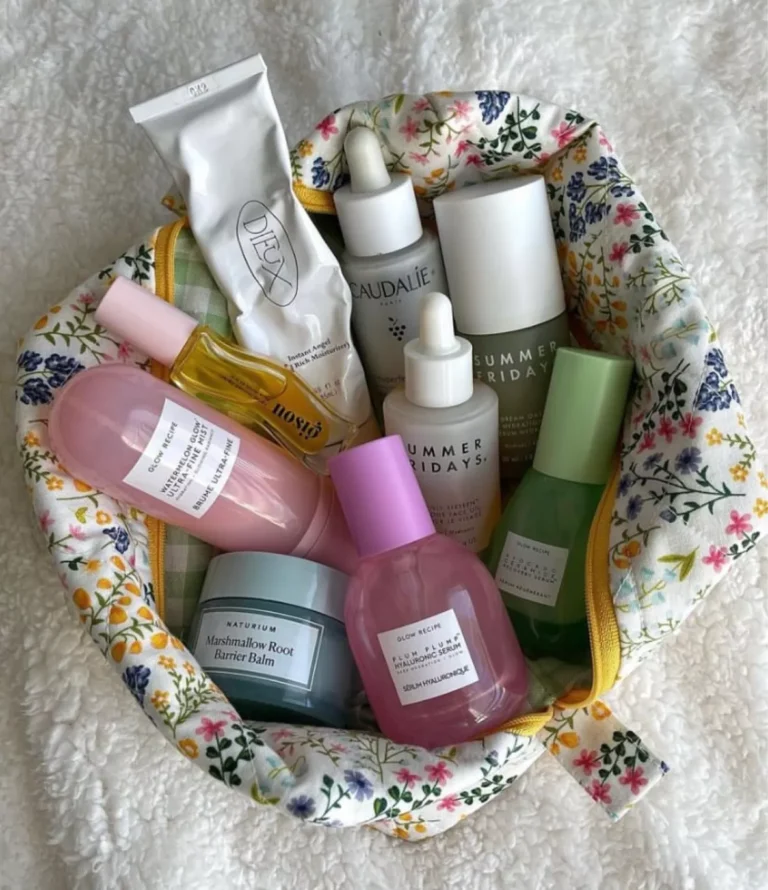Unlocking Radiant Skin: The Transformative Power of Spearmint Tea
In the quest for clear, glowing skin, the beauty industry is flooded with an array of skincare products promising miraculous results. However, amidst the sea of creams, serums, and masks, there’s a natural elixir quietly gaining recognition for its remarkable benefits for the skin: spearmint tea. This humble herbal infusion, often overlooked in favor of its more popular counterparts, possesses a myriad of properties that can work wonders for your complexion. Join us as we delve into the world of spearmint tea and uncover its secrets to achieving radiant, healthy skin.
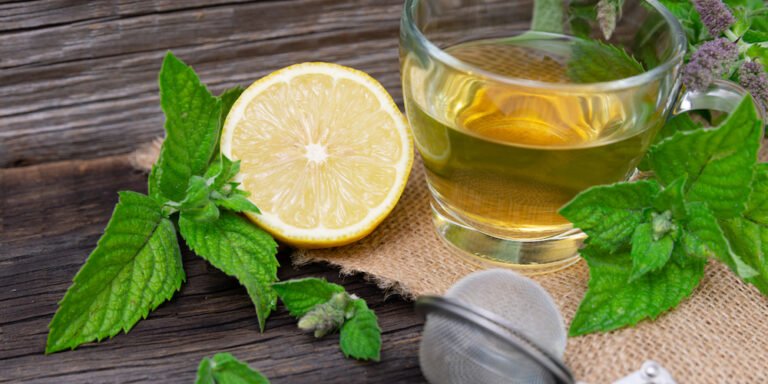
Here’s how spearmint tea can help the skin, supported by research findings:
Anti-inflammatory effects: A study published in the Journal of Medicinal Food found that spearmint extract exhibited significant anti-inflammatory activity by inhibiting the production of inflammatory molecules in skin cells (keratinocytes) exposed to ultraviolet radiation, suggesting its potential for reducing inflammation and protecting the skin from UV-induced damage.
Antimicrobial properties: Research published in the International Journal of Cosmetic Science indicates that spearmint oil possesses antimicrobial activity against a range of bacteria and fungi, including Staphylococcus aureus and Candida albicans, which are commonly associated with skin infections and acne.
Hormonal balance: A randomized controlled trial published in Phytotherapy Research investigated the effects of spearmint tea consumption on hormonal levels in women with hirsutism (excessive hair growth). The study found that daily consumption of spearmint tea led to a significant reduction in free and total testosterone levels, suggesting its potential in hormonal regulation.
Antioxidant activity: A study published in Food Chemistry evaluated the antioxidant capacity of different herbal teas, including spearmint tea, using various assays. The findings revealed that spearmint tea exhibited potent antioxidant activity, attributed to its high content of phenolic compounds and flavonoids, which help protect the skin from oxidative stress and premature aging.
Oil control: Research published in the Journal of Applied Pharmaceutical Science investigated the effect of spearmint oil on sebum production in human skin cells. The study found that spearmint oil significantly inhibited sebum production by reducing the activity of enzymes involved in lipid synthesis, suggesting its potential for controlling excess oiliness and preventing acne breakouts.
These research findings support the use of spearmint tea as a natural remedy for promoting healthier skin, thanks to its anti-inflammatory, antimicrobial, hormonal-regulating, antioxidant, and oil-controlling properties. Incorporating spearmint tea into your skincare routine may help address various skin concerns and contribute to a clearer, more radiant complexion.
While spearmint tea can offer numerous benefits for acne-prone skin, there are some considerations to keep in mind:
Moderation: While spearmint tea may help in managing acne, it’s essential to consume it in moderation. Excessive consumption of spearmint tea may lead to potential side effects or interactions with medications due to its active compounds. Aim for 1-2 cups per day, and consult with a healthcare professional if you have any concerns.
Potential hormonal effects: Spearmint tea is known for its ability to regulate hormones, particularly androgens. While this can be beneficial for individuals with hormonal acne, it’s crucial to be aware of how it may affect your body. If you have any underlying hormonal conditions or are taking hormonal medications, consult with a healthcare provider before incorporating spearmint tea into your routine.
Allergic reactions: Although rare, some individuals may be allergic to spearmint or other ingredients present in spearmint tea. If you experience any allergic symptoms such as itching, swelling, or difficulty breathing after consuming spearmint tea, discontinue use immediately and seek medical attention.
Caffeine content: Spearmint tea generally contains lower levels of caffeine compared to other teas like green or black tea. However, it’s essential to be mindful of your caffeine intake, especially if you’re sensitive to caffeine or consume other caffeinated beverages throughout the day. Excessive caffeine consumption can potentially exacerbate acne or disrupt sleep patterns, which may indirectly impact skin health.
Quality of tea: Ensure you’re using high-quality, organic spearmint tea to reap the maximum benefits and avoid potential exposure to pesticides or other contaminants. Opt for reputable brands and consider loose-leaf tea for better flavor and potency.
Hydration: While spearmint tea can be hydrating, it’s essential to maintain adequate overall hydration by drinking water throughout the day. Proper hydration is crucial for healthy skin and helps flush out toxins from the body, contributing to clearer skin.
By being mindful of these considerations and incorporating spearmint tea into a balanced skincare regimen, you can harness its potential benefits for managing acne and promoting clearer, healthier skin. As always, if you have any concerns or experience adverse effects, consult with a healthcare professional for personalized advice.
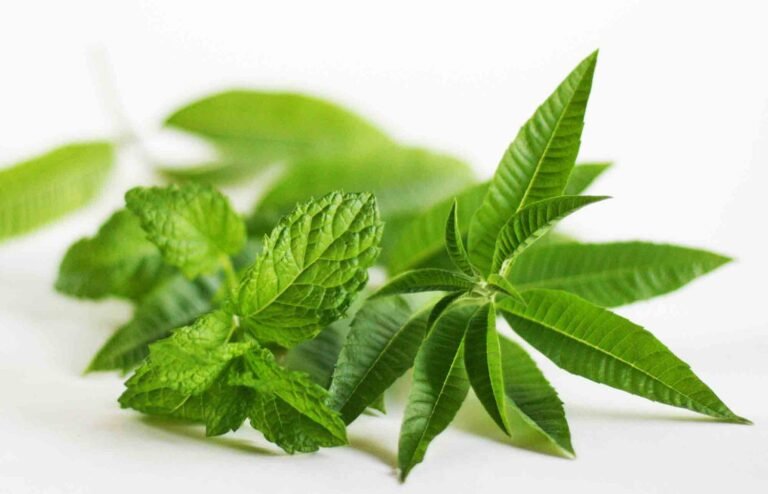
product recommendations:
We recommend the following spearmint teas:
HANDPICK, Spearmint Tea Bags (100 Count) Non-GMO, 100% Pure Spearmint Leaf Tea Bags
to sum up...
In conclusion, spearmint tea offers a natural solution for improving skin health, especially for acne-prone individuals. Its proven anti-inflammatory, antimicrobial, and hormonal-balancing properties make it a valuable addition to skincare routines. However, moderation is key, and individuals should be mindful of potential allergies or interactions. By incorporating spearmint tea into a balanced skincare regimen, alongside hydration and adequate rest, one can harness its benefits for clearer, healthier skin.
